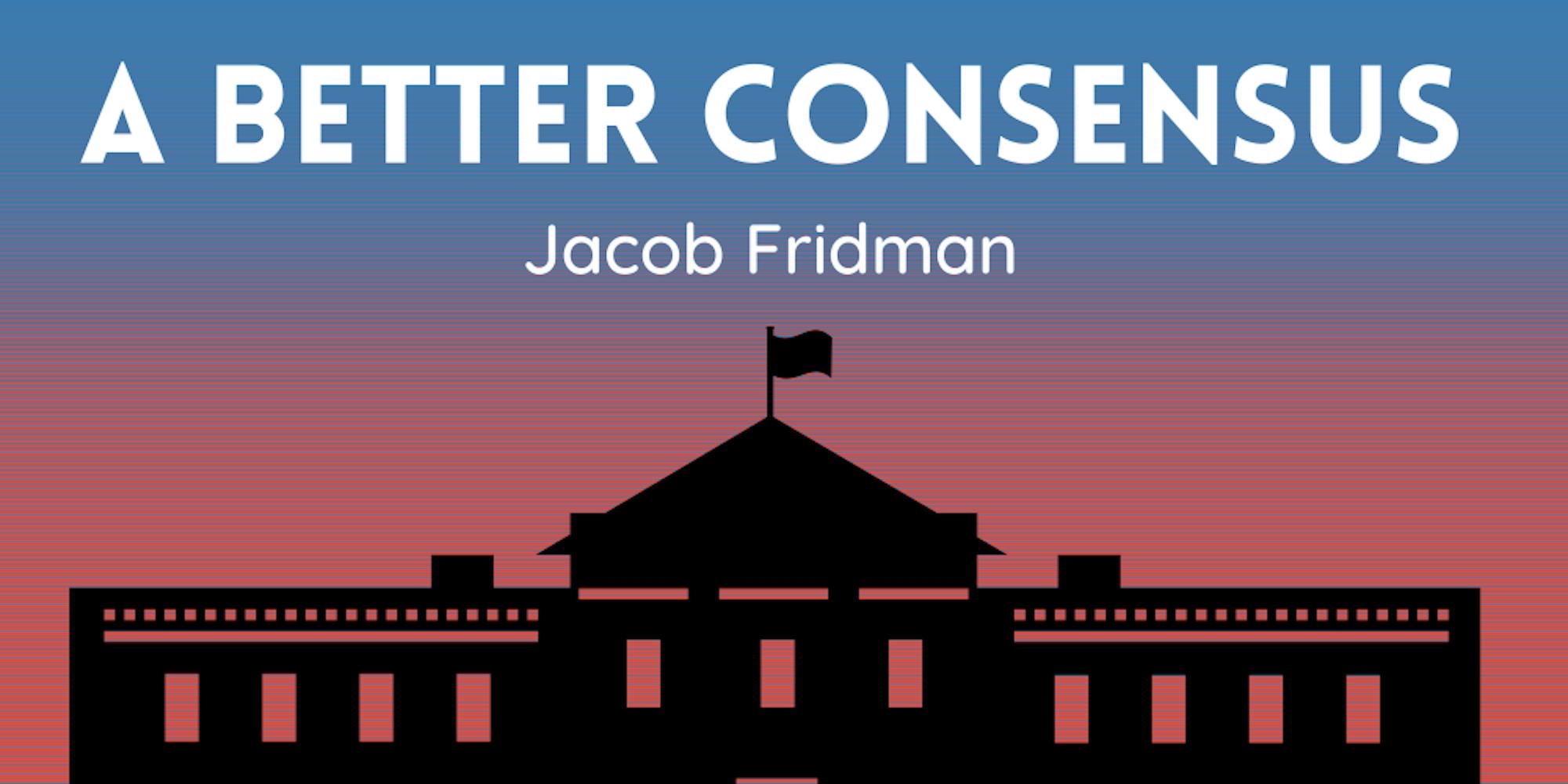It is highly likely that the Supreme Court (SCOTUS) will overturn Roe v. Wade and leave the legality of abortion to the states. The nationwide legalization of abortion could no longer be the law of the land. Twenty one states will automatically implement some level of abortion restrictions, ranging from total bans to enforcement of prior laws, while 14 states and Washington, D.C. will automatically implement laws permitting abortion.
The polling tells an interesting story: A Fox poll from September saw 65% of Americans wanting Roe to stay, including over half of Republicans. A Monmouth University poll had over 60% of Americans favoring abortion to be at least “legal with limitations,” with 11% saying that the procedure should always be illegal. However, an Associated Press poll showed that most Americans only agree on legal first trimester abortion. But the poll also put strong majorities in favor of abortion due to endangerment of the mother or child, rape and incest. It is clear that Americans are against much of what makes the Texas and Mississippi bills so controversial.
Now, I am not a woman. I will never need to get an abortion, nor feel the mental strain of that decision. However, since polling has shown a consensus around the issue, and there is a conservative-leaning SCOTUS, I’d like to suggest two possible compromises in the likelihood that Roe is overturned.
One, Congress could pass legislation in the vein of “safe, legal and rare” from the Clinton years: preventing unsafe back-alley abortions by making them legal nationwide under legislation while reducing the overall need for abortion through expanded sexual education in public schools and increased access to contraception.
Two, if Congress can’t do that, then it should pass legislation mandating that states who criminalize abortion have free contraception in all health care plans and robust sex ed in public schools. If states don’t want abortion, that’s legally fine. However, that doesn’t mean that women shouldn’t be able to prevent pregnancy in the first place, especially considering that a University of California, San Francisco study put financial and timing issues as the most common reasons for seeking an abortion. Many people may disagree with letting adoption be a one-size-fits-all substitute for abortion, forcing women to undergo pregnancy and childbirth which can have long-lasting mental, physical and economic effects on their own selves. Obamacare couldn’t fully mandate that private insurers cover and provide contraception due to religious freedom concerns, but if it was packaged as a legislative compromise of sorts for a post-Roe world and not a contradiction of the court’s decision, maybe Roberts and one other conservative justice would let it be.
Pro-abortion-rights Senator Susan Collins said that Kavanaugh wouldn’t overturn Roe. She will most likely be proven wrong. In that case, Collins, fellow pro-abortion-rights Republican Senator Lisa Murkowski and the rest of Congress should then step in to patch up the deep wound on the nation’s political landscape.






